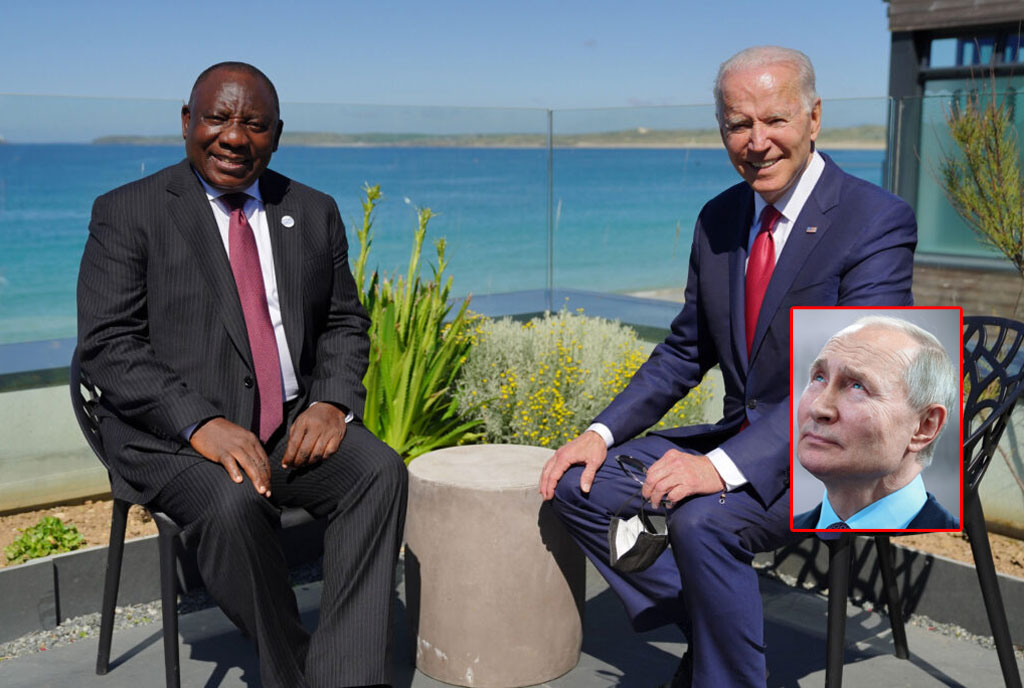
Mr Daniel K. Kalinaki
Recently in Accra, Ghana, as I waited for my driver, I milled around the arrivals terminal doing what bored newspaper columnists are inherently wired to do: observe.
There are billboards advertising Samsung mobile phones, Guinness and Heineken beer, and the omnipresent mobile telephone networks.
However, there is nothing – neither advert nor shopfront – to draw one’s attention to chocolate, gold, or kente, the colourful hand-woven textile made of woven strips of silk and cotton. To understand why this is a problem, some context is important. Ghana and its Ashanti kingdom are so synonymous with the precious metal that the country’s name, pre-independence, was the Gold Coast. Together with Ivory Coast (which retained its colonial name despite losing much of its elephant population), Ghana produces half the world’s cocoa, from which chocolate is manufactured.
Mention the word ‘gold’, however, and what comes to mind are jewellers in Dubai or high street names like Cartier in London and New York, not Appiah in Accra. Everyone wants a piece of Swiss or Belgian chocolate, but have you ever seen a Ghanaian chocolate? You can pick up pieces of kente in the arts and crafts shops and the markets, but the largest producers of the stuff are probably in India and China.
He does not practice a lot of what he preaches, but President Museveni has been right – and consistently so – about the existential threat such flawed economic arrangements pose for the people of Africa. If Ghana added value to its gold, cocoa and crude oil before exporting it, it would not have had to go to the IMF with a begging bowl in July 2022 to be rescued from itself.
Yet this problem is wider than Ghana. More than half a century after political independence, most African economies are still cemented into a colonial extractive construct as exporters of cheap raw materials and importers of expensive finished goods. It doesn’t matter how strong your arms are, how fertile your land is, or how hard you work; you can never get to a point where your cocoa harvest is more valuable than the chocolate extracted from it.
In addition, Africans are not trading amongst themselves: intra-African trade as a share of global trade fell from 14.5 to 13.7 percent between 2021 and 2022. Part of it is an extension of the point above; that we do not produce a lot of the stuff that we need and have to import it from elsewhere.
Mostly, though, it is that the cost and practice of doing business within the continent is high. At the hotel in Accra, and indeed most of the places we went to, we had coffee-flavoured sawdust – imported from Dublin, Ireland – down our throats yet Ethiopian Airlines and Kenya Airways, both from coffee-producing countries, have daily flights into the city. A few bags of roasted beans thrown onto each flight would take Ghanaian coffee drinkers out of their misery. It would also leave more money on the table for coffee farmers and traders in Nairobi and Addis Ababa but it is probably cheaper to ship in sawdust from Europe.
This discussion, and these considerations, should keep every African awake at night. No continent is as resource-rich as Mother Africa. We have fertile soils, crude oil seeping out of the ground, stunning ecosystems and wildlife, and an embarrassment of mineral riches including gold, diamond, graphite, uranium, coltan, iron ore et cetera. In some parts, like in DR Congo, it is hard to dig a hole in the ground without hitting some valuable deposit.
Yet we Africans are the poorest lot in the world and have been for a long time. We have 18 percent of the world’s population yet produce only three percent of global GDP. Our manifest destiny is not to be poor but unless we are intentional and deliberate about it, we and future generations will remain a footnote to global progress, the snotty-nosed posterchild of poverty porn. No one is coming to help us.
There has been some tentative progress, say with a few countries removing barriers to trade and travel, but there is little urgency and the vision is not shared by all. The fight for independence saw the emergence of Pan-African leaders who crafted a vision of a continent freed of colonial rule. We will need the same level of urgency and agency if we are to rid ourselves of the systemic disadvantages that leave us permanently locked into the cellblock of poverty.
Defining and fighting for Africa’s strategic interests is the challenge of our time. It has many dimensions, including how we govern, see and relate to each other, and to the rest of the world. Why can’t you see it, you foolish Africans? Who bewitched you?
Mr Kalinaki is a journalist and poor man’s freedom fighter.
[email protected]; @Kalinaki

